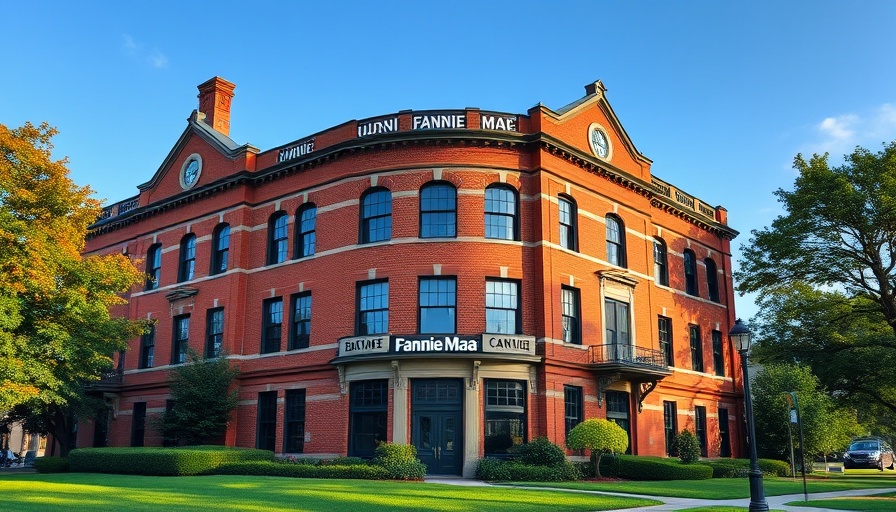
Understanding Fannie Mae's Controversial Blacklist
In recent months, condo owners and potential buyers have found themselves in a precarious situation due to Fannie Mae's growing list of blacklisted properties. This secretive list includes various condominium projects that are deemed unfit for financing, leaving many deals in jeopardy and financially blindsiding buyers. Condo owners who were once confident in their investments are now left questioning their property’s marketability and financial viability.
Impact on Condo Sales and Property Values
The ramifications of this blacklist extend beyond individual financing issues; they are eroding the market's stability for condominiums. With many lenders relying heavily on Fannie Mae guidelines, properties that appear on the blacklist are often impossible to finance, effectively eliminating a significant portion of prospective buyers. This inevitably impacts property values, as sellers may need to significantly lower their asking prices to attract cash buyers willing to bypass traditional financing routes. This situation creates a ripple effect, causing further devaluation in the condo market.
Future Trends: Navigating the Changing Landscape
As the list grows, it is vital for both consumers and real estate professionals to stay informed about potential changes in Fannie Mae's policies. Buyers looking for condos should consult with mortgage professionals who can provide insight into current financing options or potential workarounds. Additionally, condo associations may need to become proactive in addressing issues that could lead to blacklisting, such as ensuring compliance with financial standards and governance policies to safeguard their communities.
 Add Row
Add Row  Add
Add 




Write A Comment